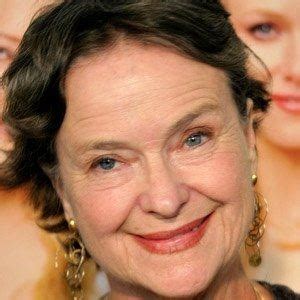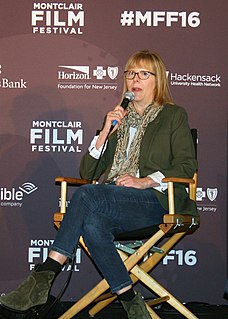A Quote by J. G. Ballard
I don't think any particular painters have inspired me, except in a general sense. It was more a matter of corroboration. The visual arts, from Manet onwards, seemed far more open to change and experiment than the novel, though that's only partly the fault of the writers. There's something about the novel that resists innovation.
Related Quotes
Before I begin a novel I have a strong sense of at least one central character and how the story begins, and a more vague sense of where things may wind up, but at some point, if the novel is any good at all, the story and characters take on lives of their own and take over the book, and the writer has to be open to that.
I do like the idea of the novel of repressed college students being a contemporary novel of courtship! I guess what I would say to that is, we tend to think of historical periods and historical mores as ending a lot more concretely than they do. Like, in an Austen novel, there are lots of reasons - cultural, moral, religious - why the characters don't have sex during courtship. Maybe, even though those reasons have kind of expired, historically, they're still around in some sense.
But novels are never about what they are about; that is, there is always deeper, or more general, significance. The author may not be aware of this till she is pretty far along with it. A novel's whole pattern is rarely apparent at the outset of writing, or even at the end; that is when the writer finds out what a novel is about, and the job becomes one of understanding and deepening or sharpening what is already written. That is finding the theme.
I'm one of those writers who started off writing novels and came to writing short stories later, partly because I didn't have the right ideas, partly because I think that short stories are more difficult. I think learning to write short stories also made me attracted toward a paring down of the novel form.
A good novel is something that challenges perception, that allows you to see the world anew through a different point of view - something that genre fiction doesn't do, although it sells more because it doesn't disturb people's innate sense of what a novel should be about. Often, people want characters to be nice, for example.
While working on my first five books, I kept wishing I was writing a novel. I thought until you wrote a novel, you weren't taken seriously as a writer. It used to trouble me a lot, but nothing troubles me now, and besides, there has been a change. I think short stories are taken more seriously now than they were.






































